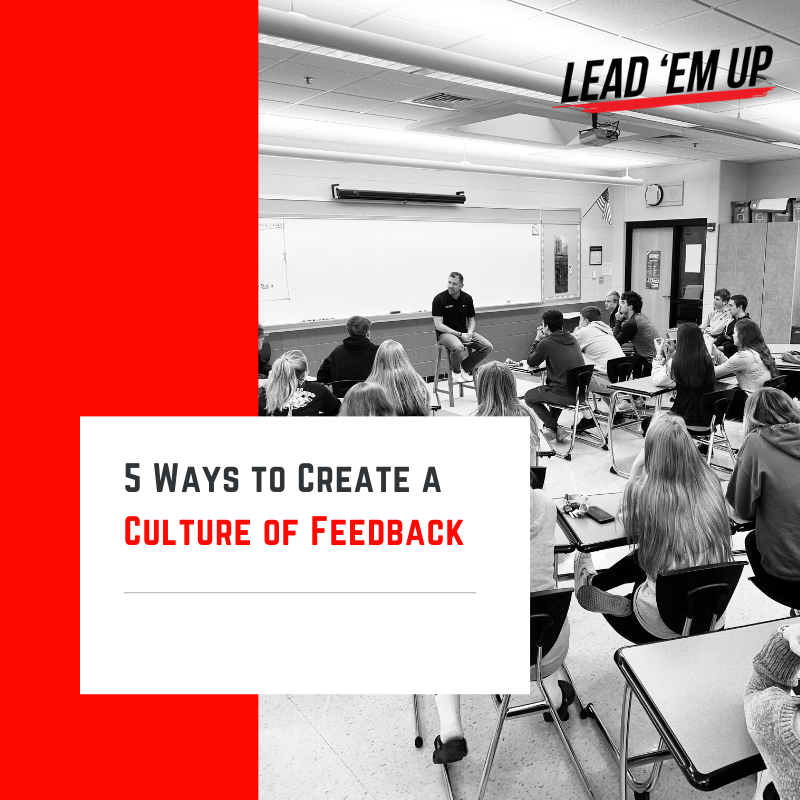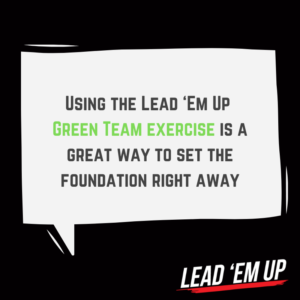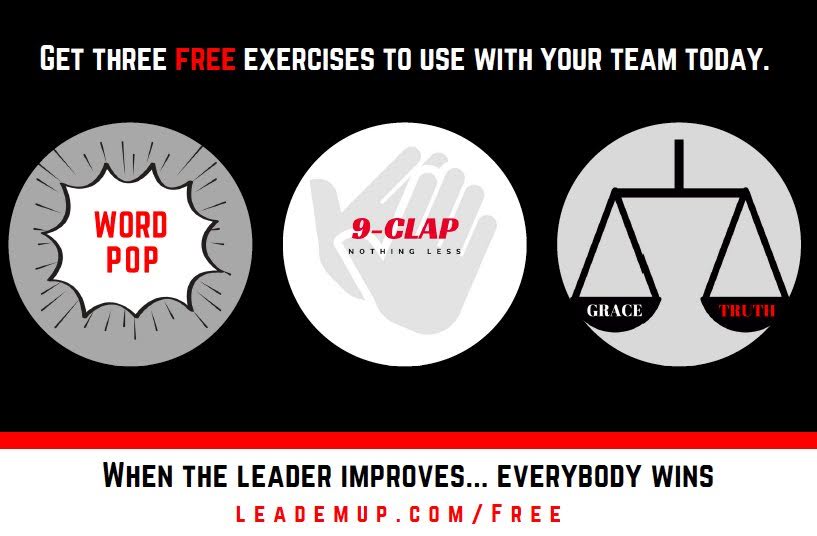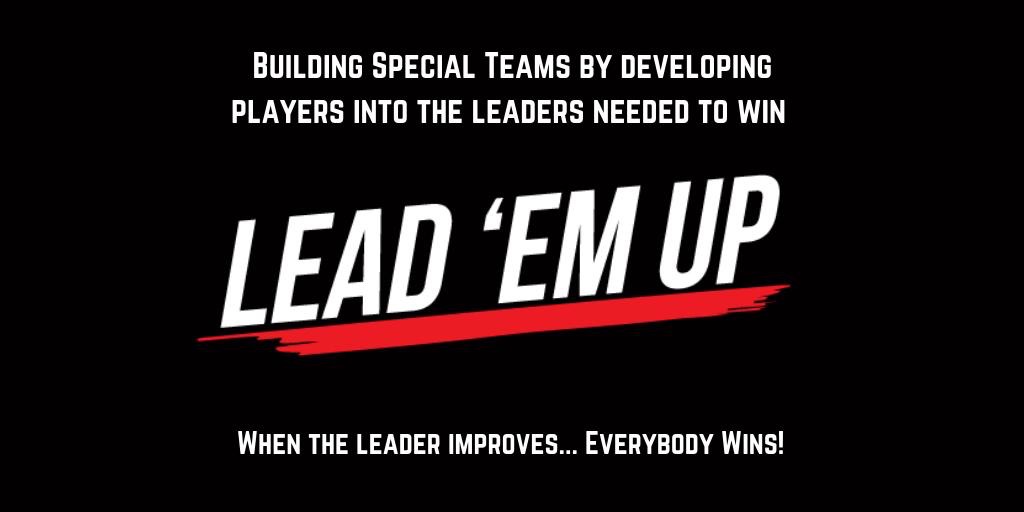Home / Blog / Self-Awareness /

Feedback is an essential part of any relationship and that is especially true in the relationships that exist within a team.
The strongest performing teams are unafraid to be honest with one another, but there are some pre-existing conditions that must be present to lay the foundation for a culture of feedback.
Controllable standards
 If the line is continually moving, how can we be honest with our feedback? High performing feedback teams have a shared ownership of their vision for what they want their team to look, feel, and act like. Anything that gets in the way of that becomes a distraction.
If the line is continually moving, how can we be honest with our feedback? High performing feedback teams have a shared ownership of their vision for what they want their team to look, feel, and act like. Anything that gets in the way of that becomes a distraction.
However, if teams are operating under the assumption that players and coaches, “know,” what they should be doing without it being explicitly stated, or the coaches enforce different standards for different players, the team will consistently operate in what we call the GRAY. Using the Lead ‘Em Up Green Team exercise is a great way to set the foundation right away and create a road map to success.
Praising effort over achievement
In reading Carol Dweck’s Mindset, the very clear distinction between the types of praise (i.e., process praise over outcome praise) and their cumulative effect on mindsets (growth v. fixed) is staggering. As coaches, we must continue to refine what and how we praise our players. We must teach them to celebrate one another for those same things as, “that which gets praised gets repeated.” Giving concrete, objective feedback about how things happened rather than what happened is scientifically proven to help create a growth mindset.
Asking questions
 One of the best ways to get to the heart of giving great feedback is soliciting feedback from players by asking questions. More often than not, players already know the answer but expect coaches to, “tell them what to do.” Instead, ask leading questions to shape learning, just like one would in the classroom. Plan ahead by assessing the misconceptions that could appear in your practice plan and purposefully create questions to ask to deepen learning.
One of the best ways to get to the heart of giving great feedback is soliciting feedback from players by asking questions. More often than not, players already know the answer but expect coaches to, “tell them what to do.” Instead, ask leading questions to shape learning, just like one would in the classroom. Plan ahead by assessing the misconceptions that could appear in your practice plan and purposefully create questions to ask to deepen learning.
This is a form of feedback – you are soliciting information from your players and giving them actionable tools in return to solve problems! The best part – it becomes “their idea,” which gives them ownership and ultimately permanence over the solution to the problems at hand.
Sound bytes, not lectures
If you can’t write it on a napkin & explain it between floors on an elevator, find another way to get the point across. Encourage your players to do the same – challenge everyone in your program to economize their language to be more meaningful in less words. In doing so, everyone will tend to remain engaged as:
A) they don’t want to miss it and
B) they know they’ll get right back to the action instead of waiting for a lecture to finish.
Trust, Salt, & Sugar
 The tone used and the emotion involved in feedback, particularly in negative situations, can become a major issue especially during the heat of the moment. Our exercise, Salt & Sugar, gives players reps in delivering feedback in a constructive way that gives the receiver both truth and grace. As coaches, we should be able to model this behavior when giving feedback – we give feedback TO the person ABOUT the behavior/action.
The tone used and the emotion involved in feedback, particularly in negative situations, can become a major issue especially during the heat of the moment. Our exercise, Salt & Sugar, gives players reps in delivering feedback in a constructive way that gives the receiver both truth and grace. As coaches, we should be able to model this behavior when giving feedback – we give feedback TO the person ABOUT the behavior/action.
It is important to keep in mind that all feedback stems from a trust between the two parties, and without that trust, none of this works.
Feedback is an endless loop that can cause your team and relationships to break or thrive. By utilizing these five strategies and our curriculum at Lead ‘Em Up, you can give and teach your teams to give and receive great feedback to help develop the leaders needed to win.
Are you new to Lead ‘Em Up? We provide teams leadership drills and exercises they can use to turn their players into the leaders needed to win. Interested in giving it a try? Sign-up to receive three FREE Lead ‘Em Up exercises by clicking HERE. 
Have fun and #LeadEmUp




